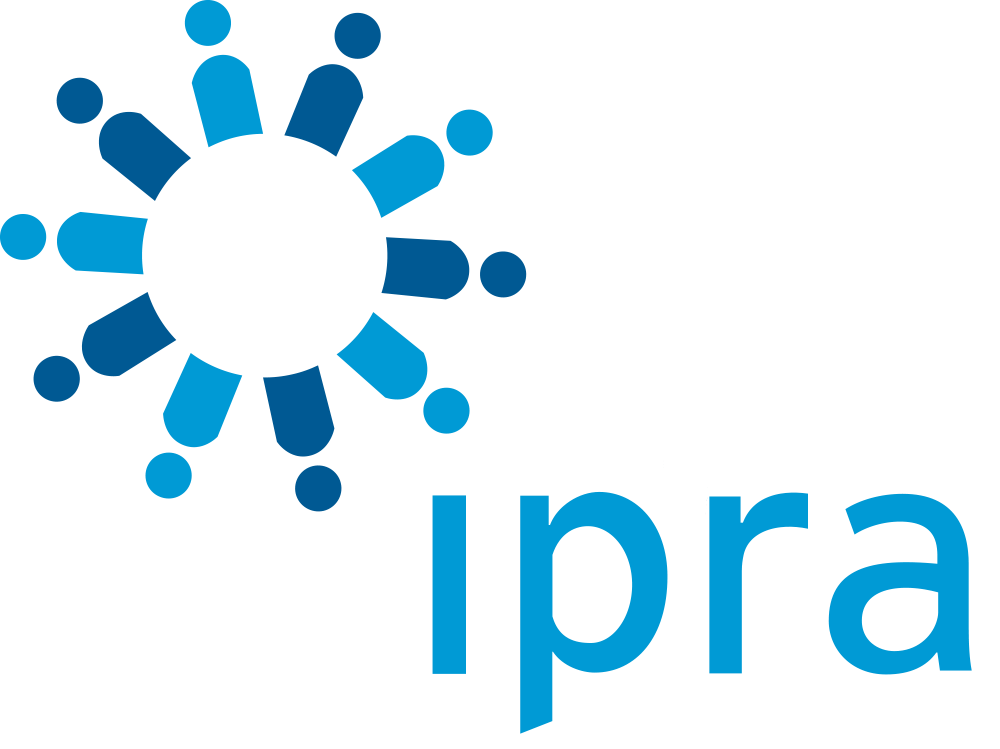ITL #631 Responsible guardians: nurturing the NextGen of human intelligence over the artificial
8 months, 2 weeks ago
Our industry owes a responsibility to safeguarding the ‘human intelligence’ of the profession and not let it be overrun by artificial intelligence. By Joseph John Nalloor.
‘Knowledge is power’ has been long established. However, if knowledge gets twisted or misrepresented it can be dangerous. Misinformation and disinformation are ranked high on the risk list that includes extreme weather events and armed conflict as per the annual Global Risk Report 2025 released by the World Economic Forum (WEF). The ability to sow distrust and polarize society on a large scale is a reality and with the rise of generative AI, it’s not fiction anymore.
The rise of AI generated text, images and videos are contributing to information pollution, rendering it difficult to make informed choices and clear decisions. The need for ethical and responsible communicators to tackle information pollution has never been greater for governments, public institutions, corporates and society at large.
The PR industry globally has been recognized as a highly dynamic industry that faces a fast-evolving environment that requires quick adaptability. However, it is time for the industry to seriously think and invest time and resources into developing and training the next generation of communicators. As a media educator teaching future communicators and also engaging with the industry, the questions I’m frequently asked are: What does the industry need to do? Where do they start?
The saying goes that the hardest part of a journey is the first step. But in this case, I list below a few easy steps industry professionals can take to be responsible guardians of this profession.
Nurture young professionals
There is high pressure to adapt to continually changing digital tools and media, evolving platforms and expectations from clients and audiences. Conversation across thought pieces, LinkedIn posts, podcasts, blogs all around are about the future of the industry.
The impact and use of AI has captured the larger conversation, but the industry must truly think about the future of human capital in the industry. The next line of young professionals need to be nurtured – those in universities aspiring to be the guardians of reputation and who dream of being future storytellers creating global campaigns that inspire meaningful change. The industry owes a responsibility to safeguarding the ‘Human Intelligence’ of the profession and not let it be overrun by artificial intelligence.
Create opportunities for human ideas
Technology changes over time but story-telling and human ideas are what make originality invaluable. Critical thinking is a skill that comes with experience and it’s the duty of the industry to create opportunities for the next generation. Most educational courses build the foundation, and many do not have the resources or budgets for expensive online tools and specialized industry software. There are high expectations from companies for young graduates to know industry tools and platforms and start delivering results immediately.
Most times it is a matter of communicators not communicating enough. You will be surprised how receptive educational institutions are when industry professionals reach out to them offering to take guest sessions on topics that are industry relevant and current.
PR Associations and PR companies must take it upon themselves to tie-up with universities, colleges, institutions to impart training that makes students more job ready and overcome inexperience by offering internships. Reach out to your local university or college that offers a communications course and offer guest talks or lectures or even on-site demonstrations of digital tools and platforms. It would be great if communication professionals made it a personal corporate social responsibility (CSR) goal to help future communicators by delivering one or two guest sessions in a year.
Understanding this significance, I ensured that my university has memberships in professional organizations that allow students to be part of industry events and training programmes. Events are heavily discounted to incorporate and encourage students to be part of these industry initiatives. These opportunities provide students a ring-side view of industry professionals in action and make them aware of current challenges and opportunities the industry faces.
Finding future talent
These interactions also have a hidden benefit to professionals as it allows them to interact with young professionals, enabling them to spot promising young talent. True story: several of my students have been hired by industry professionals who have visited the campus for guest sessions, and it has saved them a lot of time and resources headhunting fresh talent.
Be mentors not managers
It’s easy to forget this basic principle in today’s fast paced environment where every minute is valuable – young professionals need mentors not managers. I see the difference between my students who join the industry and have the good fortune of having a good mentor to report to versus the ones who burn out under managers who see them as cheap labour leading to self-doubt. Young professionals thrive, grow and excel in companies that value them and go on to becoming long term assets to the companies that hire them.
Young professionals need to be taught authenticity over virality. Effective communications is not a race against algorithms but an art in efficiently using them to achieve SMART goals. Young professionals and students need to be taught that communications need to be genuine, long lasting and credible, a tough ask where young minds equate media mentions, likes, shares and comments as parameters of success.
Genuine interactions require time, patience and knowledge that comes with experience and who better than industry professionals to share and pass on their wealth of knowledge to the next generation of professionals?
Create and share local case studies
PR professionals also need to encourage clients to allow them to share some of their work with educational institutions and young professionals as case-studies. Textbooks and readings contain international examples that are continuously repeated yet there is often a void when it comes to studying local campaigns that incorporate cultural, religious and societal sensitivities required in the region where the young professionals are based. Many companies develop award winning work that vanishes into storage and never sees the light of day again. These successful campaigns need to be given a second life as easily available case studies to students in the region offering insights on what worked and what didn’t.
As much as global success stories are repeated in classrooms, there is always space for new home-grown stories that were implemented locally and need to be celebrated for their success or critically analysed for shortcomings as there is no one-fit-all solution in communications. While educators do bring popular and current examples to class, an industry insider sharing real case studies makes a different kind of impact. Professionals are usually surprised how some of these sessions are learning sessions for themselves as stereotypes are broken down and new ideas are gained.
Value youth, creativity and freshness
Many professionals will be surprised how much value and ideas young professionals bring to the field. Their ideas and contributions allow companies to shrug off a sense of complacency that can creep into traditional industry practices. The youth are born with technology and more at ease with the digital landscape that allow companies to stay ahead of trends and reach out to an ever-increasing youthful online audience.
Adoption of AI tools is bound to make offices leaner, resulting in less and younger talent. However, on the positive side these tools automate several time-consuming processes that can potentially free up time for focussing on original storytelling, critical reasoning and building authentic relationships with clients, bringing the human element on top.
Current professionals will have to continuously upskill and engage in lifelong learning to stay ahead of the curve, and they will need to ponder what Peter Schutz said, "Hire character. Train skill." As much as AI takes over processes, there is still a need for human oversight and creativity, and there is no better time than now for the PR industry to invest in the next generation of professionals. Otherwise, the industry risks being rendered irrelevant against an onslaught of misinformation and disinformation, impacting social, economic and political stability.

The Author
Joseph John Nalloor
Joseph John Nalloor heads the Media and Communications School at Murdoch University Dubai. He has been teaching media for nearly two decades in the UAE and has headed three media schools. He believes in strong student-industry collaborations and also serves as a board member on regional industry boards in the Middle East North Africa (MENA) Region.
mail the authorvisit the author's website
Forward, Post, Comment | #IpraITL
We are keen for our IPRA Thought Leadership essays to stimulate debate. With that objective in mind, we encourage readers to participate in and facilitate discussion. Please forward essay links to your industry contacts, post them to blogs, websites and social networking sites and above all give us your feedback via forums such as IPRA’s LinkedIn group. A new ITL essay is published on the IPRA website every week. Prospective ITL essay contributors should send a short synopsis to IPRA head of editorial content Rob Gray emailShare on Twitter Share on Facebook

